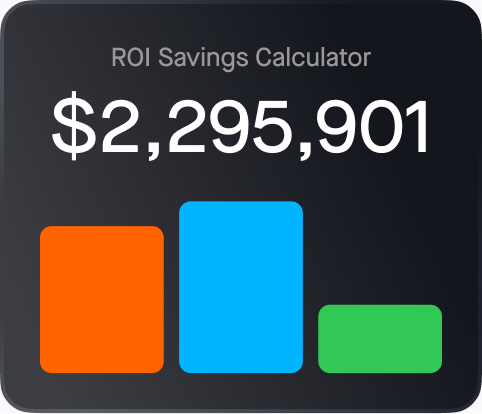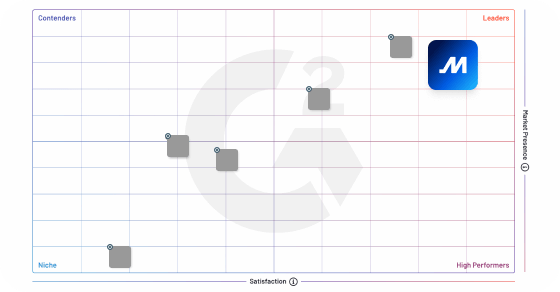Construction fleet management is the process of effectively managing all equipment and vehicle assets for construction and building projects. Effective management of trucks and other vehicles used to transport equipment, materials, and personnel can ensure that projects are completed on time, on budget, and with minimal disruption.
This management involves numerous tasks such as scheduling and dispatching vehicles, tracking freight movements, monitoring driver behavior, ensuring compliance with regulations, and maintaining the health of vehicles in the fleet.
A construction fleet manager is responsible for coordinating all aspects of the fleet, from route planning and fuel management to vehicle maintenance and repair to driver training and safety. They are also responsible for conducting regular audits to ensure that all vehicles are in compliance with safety regulations and industry standards.
Fleet managers today also have access to advanced technology that helps them monitor vehicle performance, track fuel usage, and optimize routes.
Frequently Asked Questions
What does fleet management do?
Fleet management involves overseeing vehicle acquisition, maintenance, fuel management, and disposal. Fleet managers are responsible for ensuring the fleet is cost-effective, efficient, and compliant with regulations. They also monitor driver behavior, maintain records, and use technology to track vehicles. Ultimately, fleet management is crucial for businesses that rely on transportation, as it helps to optimize operations and improve the bottom line. Fleet management software can streamline scheduling, dispatch, tracking, monitoring, maintenance and support compliance, safety, and security.
What is fleet in construction?
In construction, a fleet refers to a collection of vehicles and equipment owned or operated by a construction company or contractor. The fleet typically includes various types of vehicles, such as trucks, vans, and specialized construction machinery, such as excavators, loaders, and cranes. Managing a fleet involves overseeing vehicle maintenance, tracking usage, optimizing scheduling and logistics, and ensuring the availability and efficient utilization of equipment to support construction projects. Advanced technology can simplify effective fleet management providing tools to monitor vehicle performance, track fuel usage, and optimize routes.
What is an example of fleet management?
Looking to construction for an example of fleet management, think of a company with a dozen excavators. Fleet managers need to manage each of those excavators knowing where they are and when they’re in use to optimize utilization and meet project timelines. They also need to keep track of fuel consumption and maintenance schedules to cut fuel costs and avoid downtime. Effective fleet managers use technology to further optimize their vehicles’ performance, increase profitability, and improve safety.
Is fleet management hard?
Fleet management can be challenging due to the complexities involved in managing a variety of vehicles, drivers, and logistical factors. However, advanced fleet management software can simplify and streamline fleet management tasks. The technology can help construction fleet managers find equipment faster, provide automatic ETAs, recover stolen assets, improve billing, protect against litigation, stay on top of maintenance, track fuel consumption, identify and coach dangerous driving behaviors, and work more efficiently overall.



